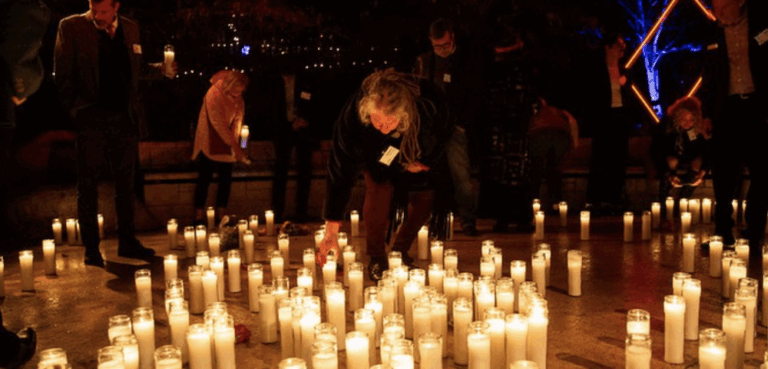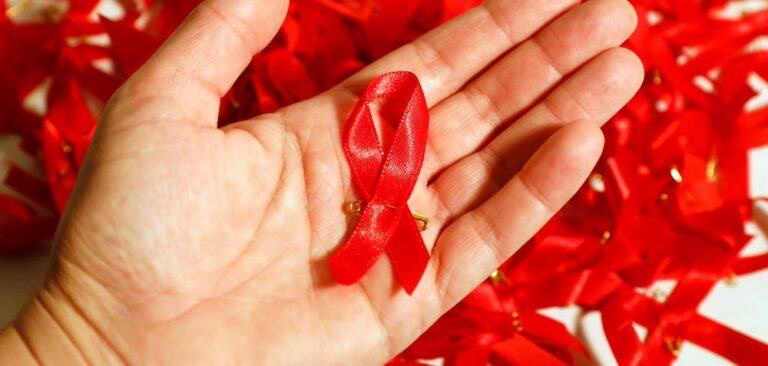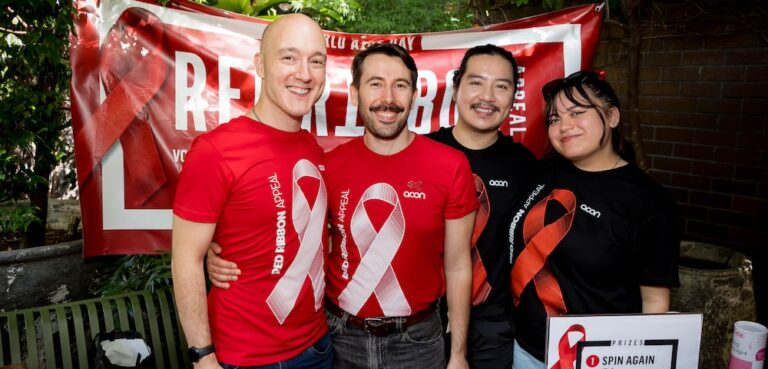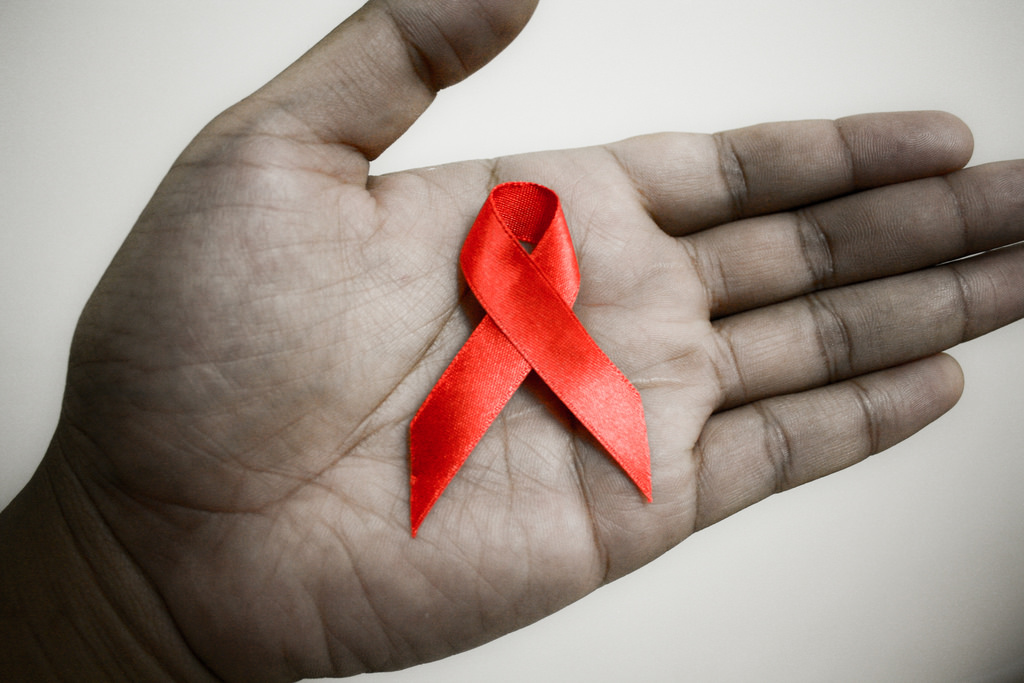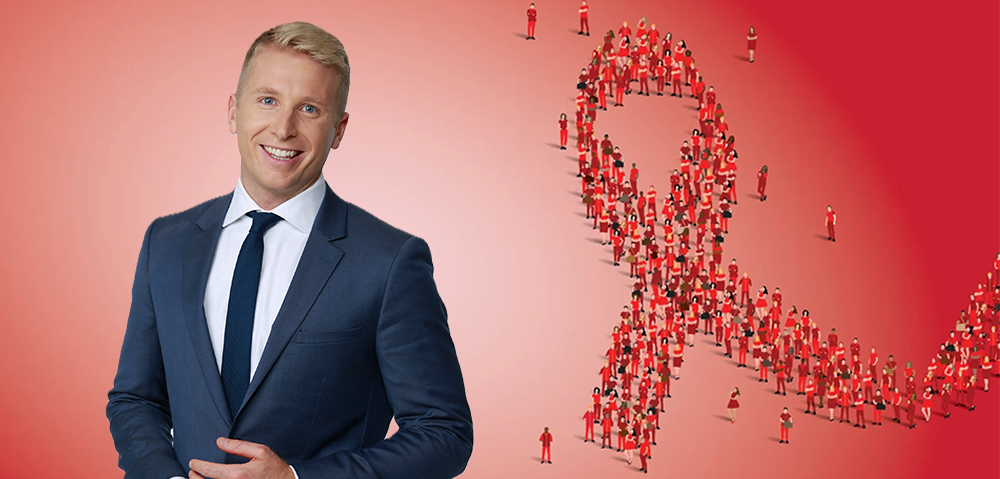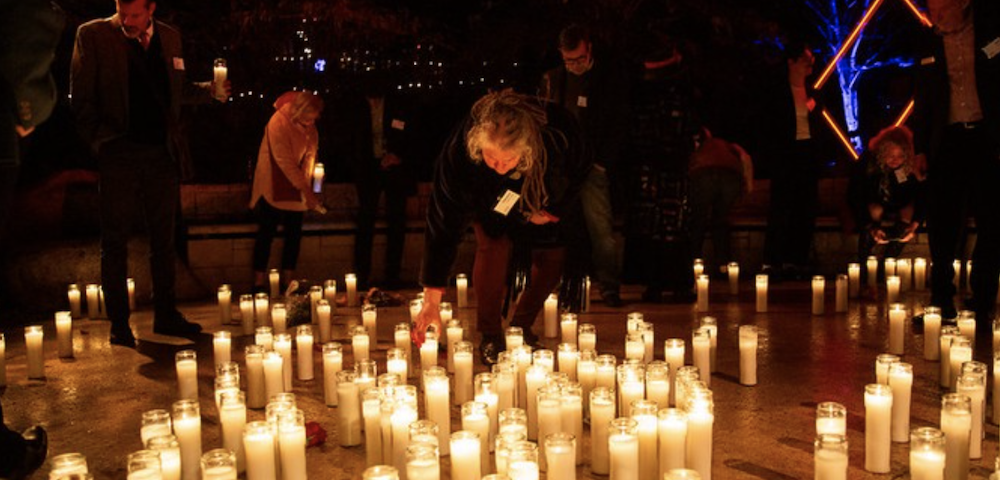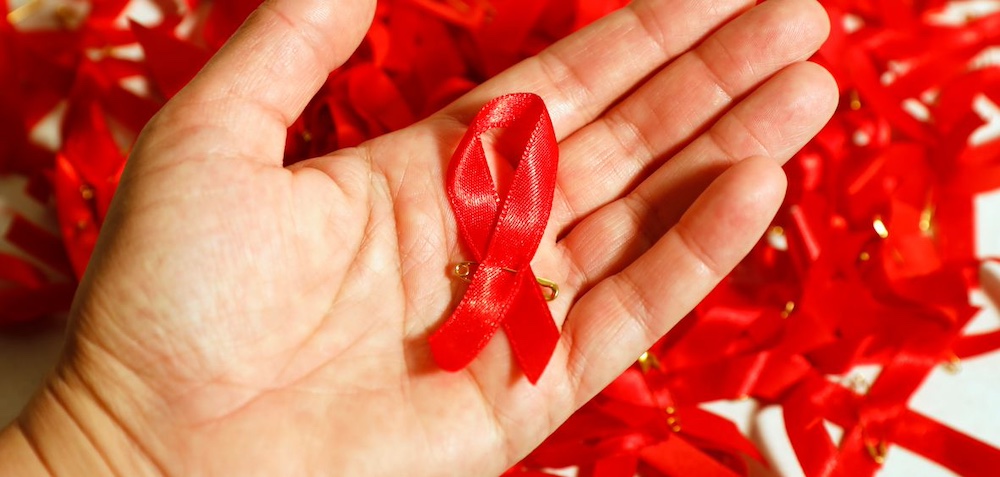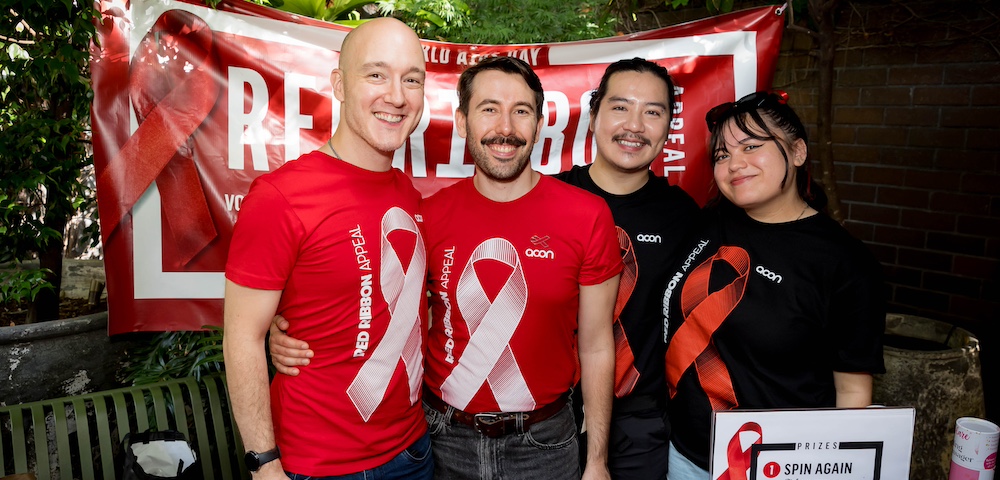
Iceland considers ending ban on gay and bisexual men donating blood
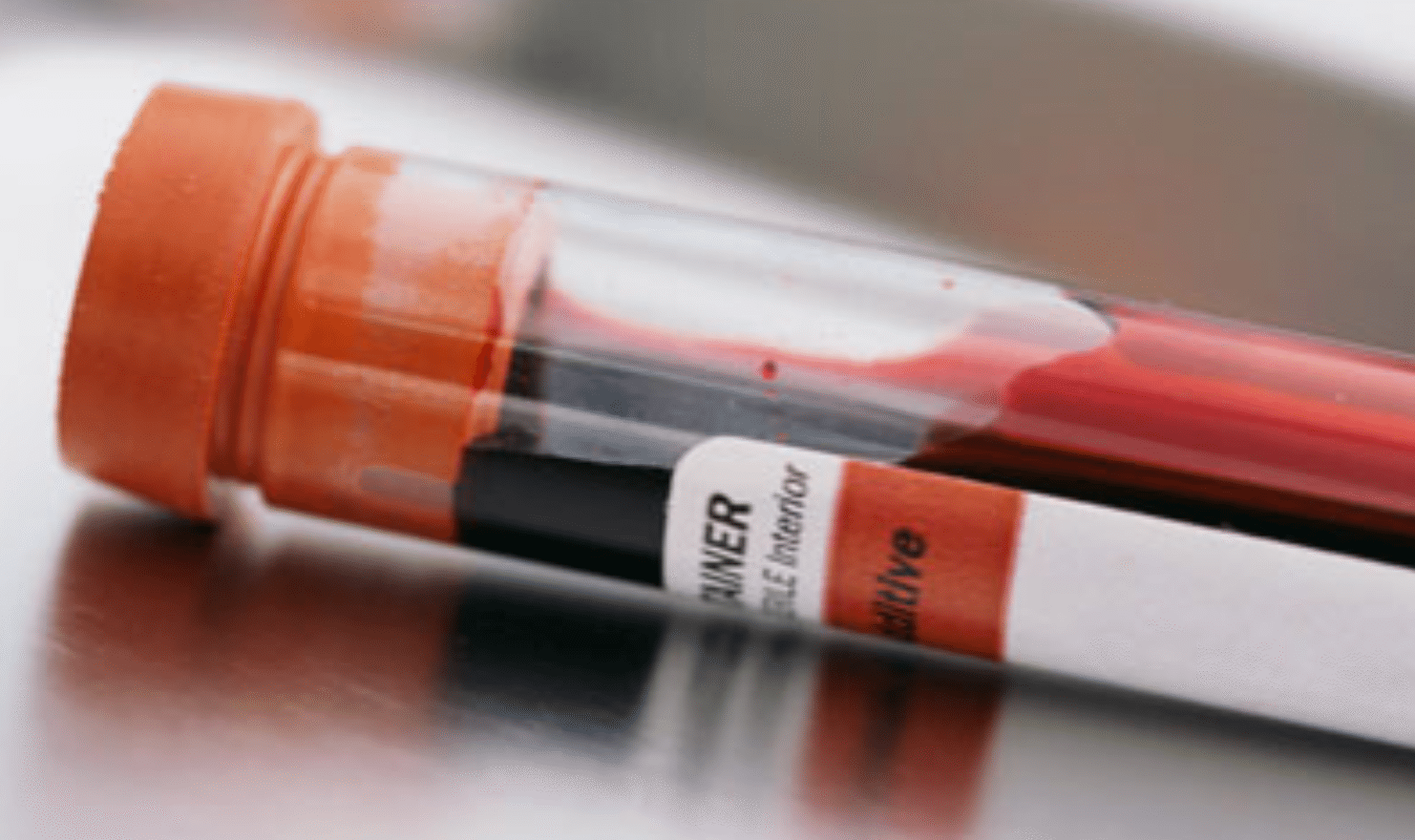
A chief epidemiologist has said Iceland should remove its ban on men who have sex with men donating blood.
Iceland’s Minister of Health Svandís Svavarsdóttir is awaiting the results of a review she ordered into the country’s current regulations, specifically citing Denmark’s decision to end its own ban on gay and bi men donating, reports The Reykjavík Grapevine.
“I believe that given what other people in Europe have done, we can leave behind a total ban and move on to having an abstinence period of some months,” epidemiologist Þórólfur Guðnason told RÚV.
Iceland is currently one of at least 18 countries around the world which has an outright ban on blood donations from men who have sex with men.
“First of all, in this group there is an increased chance that their blood could be carrying HIV or hepatitis C,” said Guðnason, explaining his recommended.
“There are individuals in this group who are practicing safe sex, and are therefore not at risk, while there are others, with a more liberal sex life, who are more likely to spread these kinds of infections.”
If Iceland were to drop its ban it would join Denmark, Malta, Taiwan, and Israel which have all made the same decision in the past year, although the new deferral periods their respective health bodies have implemented range from 4 months (Denmark) to 5 years (Taiwan).
In Australia there is currently a one year deferral period, meaning any man who has had sex with a man in the last 12 months is ineligible to give blood, regardless of their serostatus or personal risk of infection.
ACT Chief Minister Andrew Barr successfully moved to amend the Labor Party’s national platform to act to reduce the deferral period in December.
“There have been several occasions where I have sought to donate blood and I have been shocked that such an exclusion existed, particularly given the research and advances in testing,” he told The Sydney Morning Herald.
“I just think that we need to look at the science and make decisions that are based on science not on prejudice.”
In early 2014 the Therapeutics Goods Administration chose not to support the Australian Red Cross Blood Service’s proposal that the sexual activity deferral period be changed from 12 months to 6, despite recommendations handed down by an expert external review committee.
And in the wake of calls to bring forward its latest review into sexual activity deferral periods the Blood Service has recently received its latest report from a new committee on the topic, but the contents of the report are yet to be made public.
The founder of Australia’s largest grassroots movement for people living with HIV The Institute of Many, Nic Holas, has previously written for the Star Observer about the importance of connecting the movement to end restrictions on blood donations to the fight to end HIV.
“Gay and bi men in monogamous relationships may often wonder why they can’t donate blood. Shouldn’t it only be men engaging in activities that place them at risk of contracting HIV who are banned?” he wrote.
“A portion of our community is more focused on outward respectability than our community’s health and wellbeing.
“I’ve said this before, but it bears repeating: the most inclusive, ethical way to allow gay or bi men to donate blood is to end HIV.
“Anything else is a slap in the face for those of us living with the virus, an insult to the decades of activism and organising, and a forgetting of those lost to the AIDS crisis.
“We’re still here, and we’re not going to be pushed aside in the quest to make gay men seem more respectable. That isn’t equality, it’s erasure.
“You should be able to donate blood. You should also be able to live free of fear of contracting HIV, of your friends contracting HIV, of finally being clear of decades of intergenerational fear and stigma. The latter would lead to the former. So why not join, or rejoin, the fight?”

